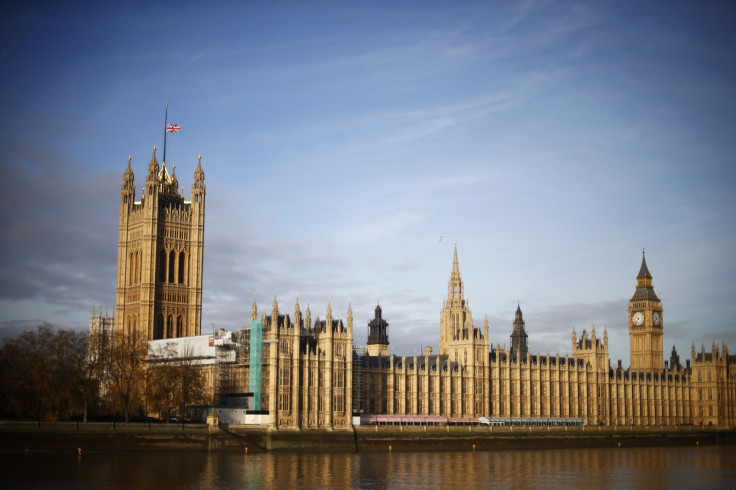Scottish Independence Referendum: Microsoft's 'Bing Predicts' Engine Accurately Forecasts Result

After a solid run at the 2014 World Cup, Microsoft is now claiming that its Bing Prediction engine, accurately predicted the Scottish Independence Referendum vote.
"Well, we did it", said the company in a blog post. "Our model correctly predicted the outcome of the Scottish Referendum: that Scotland would vote "No" and stay in the United Kingdom."
For those of you interested in the numbers, Microsoft says that its prediction (as of 18/09/14) was 48.7% Yes and 51.3% No. The actual results turned out to be somewhat similar at 45% Yes and 55% No.
Microsoft is also claiming that its prediction hasn't wavered in recent times and that it has been rather stable.
"Interestingly, while some polls tracking the predicted voting changed between "yes" and "no" in the past months and others predicted the "no" vote to be in the 70-80% range, our prediction has always remained "no" in a tight race (between 51-58% "No")".
How does Bing do it?
"Algorithmically, we detected terms that are pro-independence and compared the aggregate sentiment against phrases which are pro-union to arrive at a prediction for whether the referendum would have a "yes" or "no" vote.
"Our sentiment detector also identified neutral keywords which potentially capture the segment of undecided voters. Information was continually ingested, with the prediction updated regularly, to best capture the latest "yes" or "no" vote. This mainly involved determining which way a percentage of undecided voters were going at the last minute."
Previous predictions
In the past, Bing has managed to correctly predict the winners of 15 out of 16 of the football World Cup knock outs in Brazil, and reality TV contests in the US.
© Copyright IBTimes 2024. All rights reserved.






